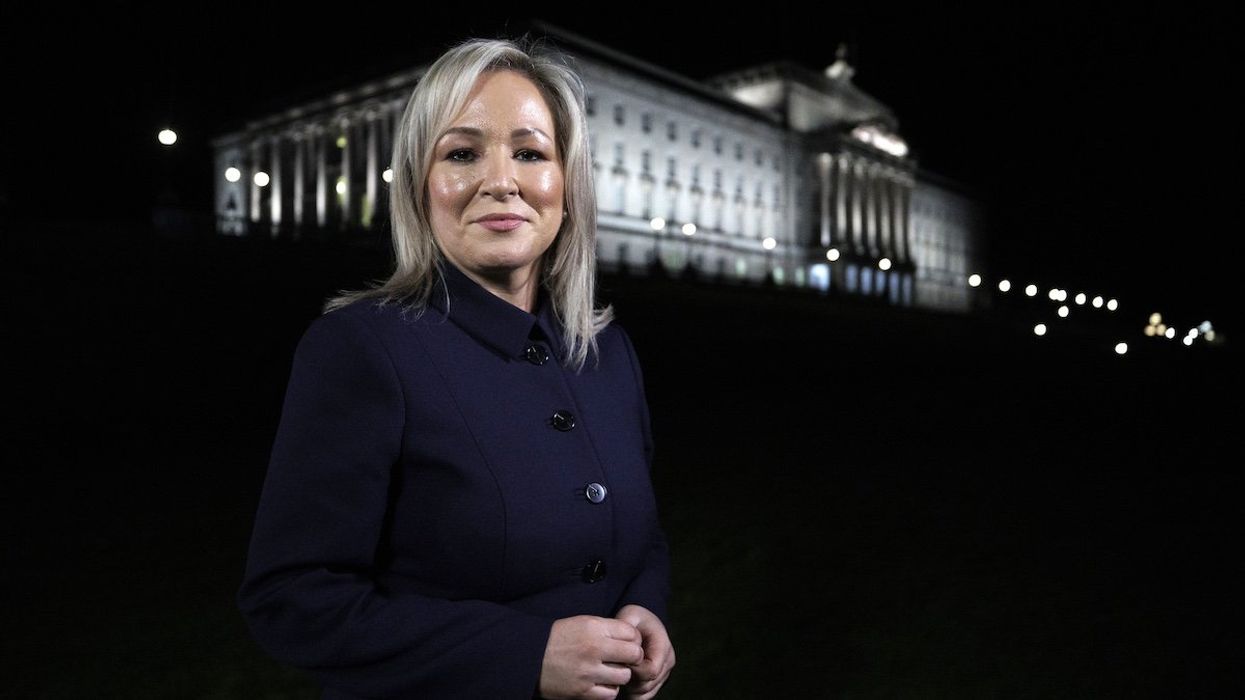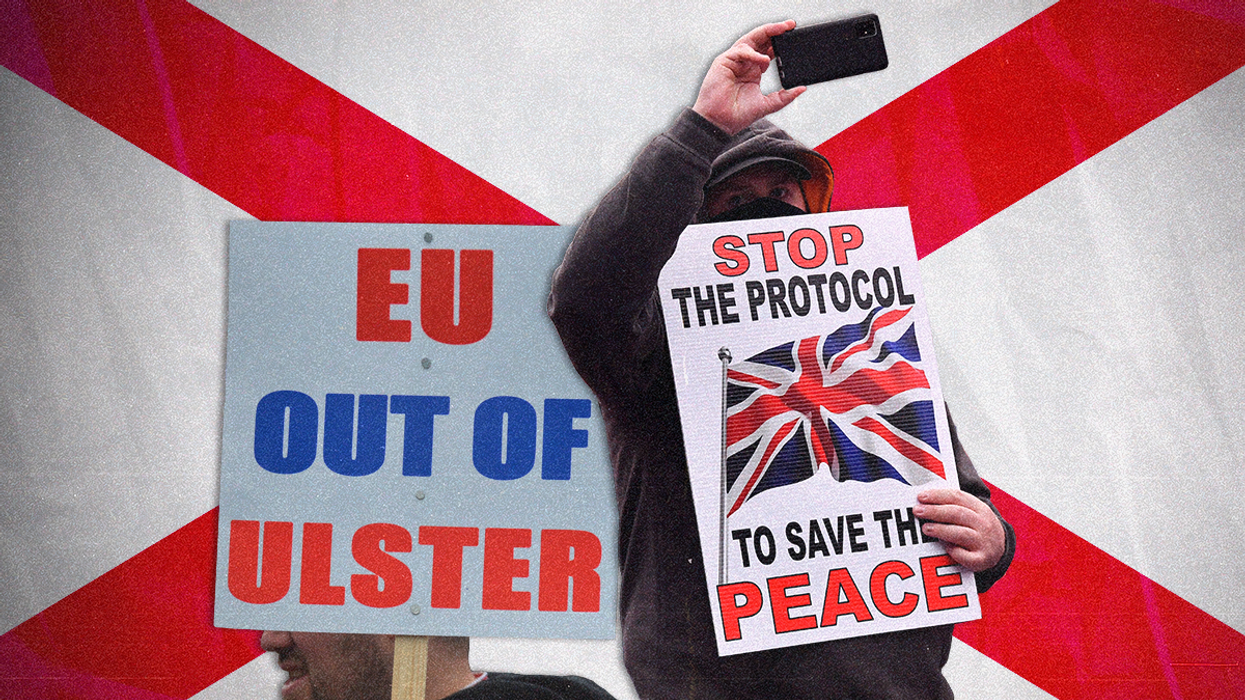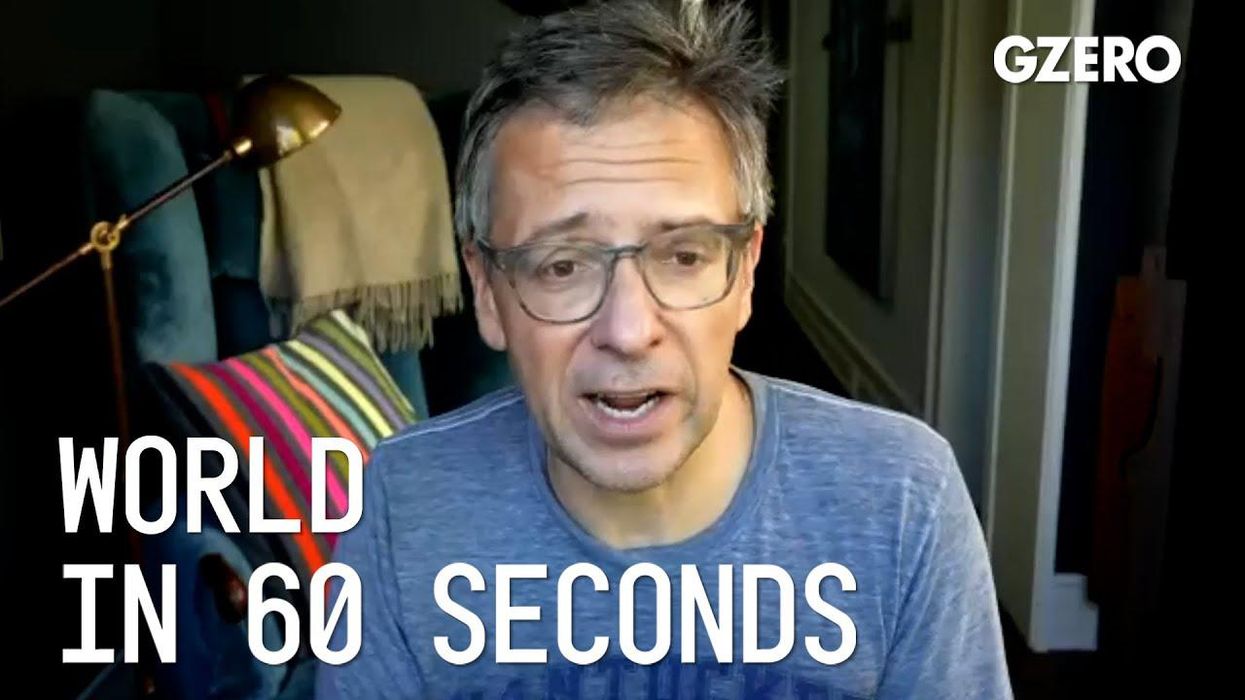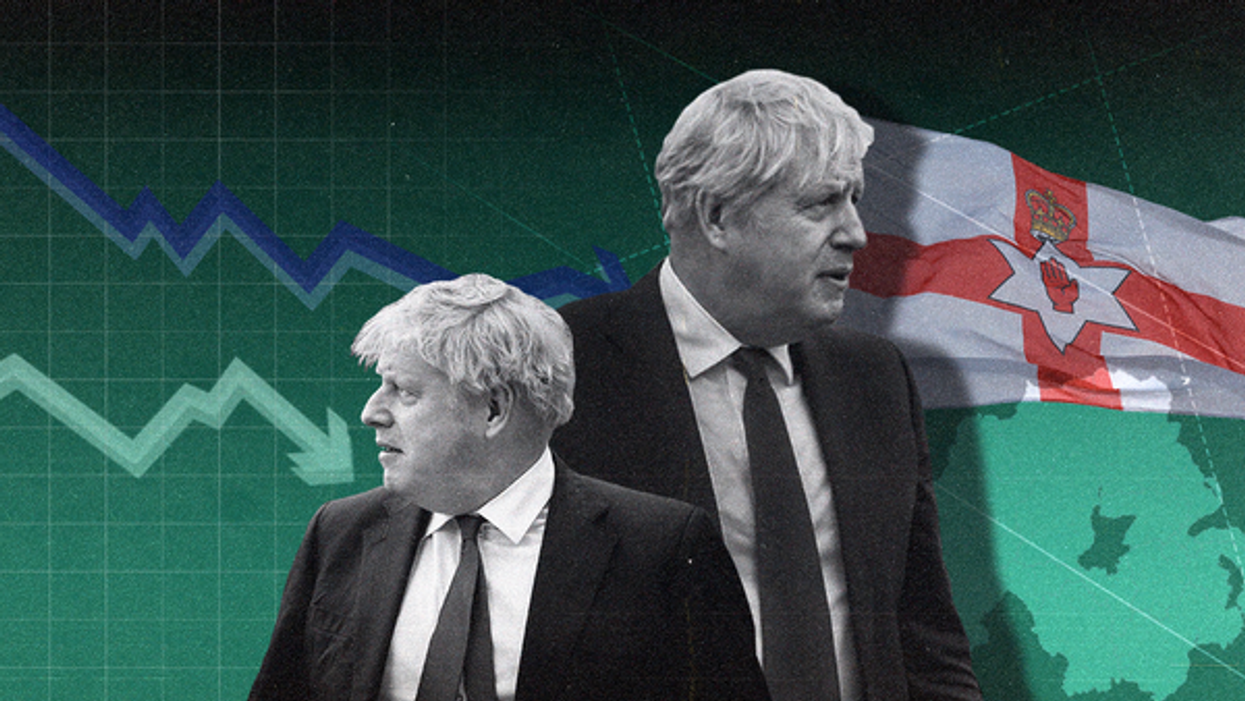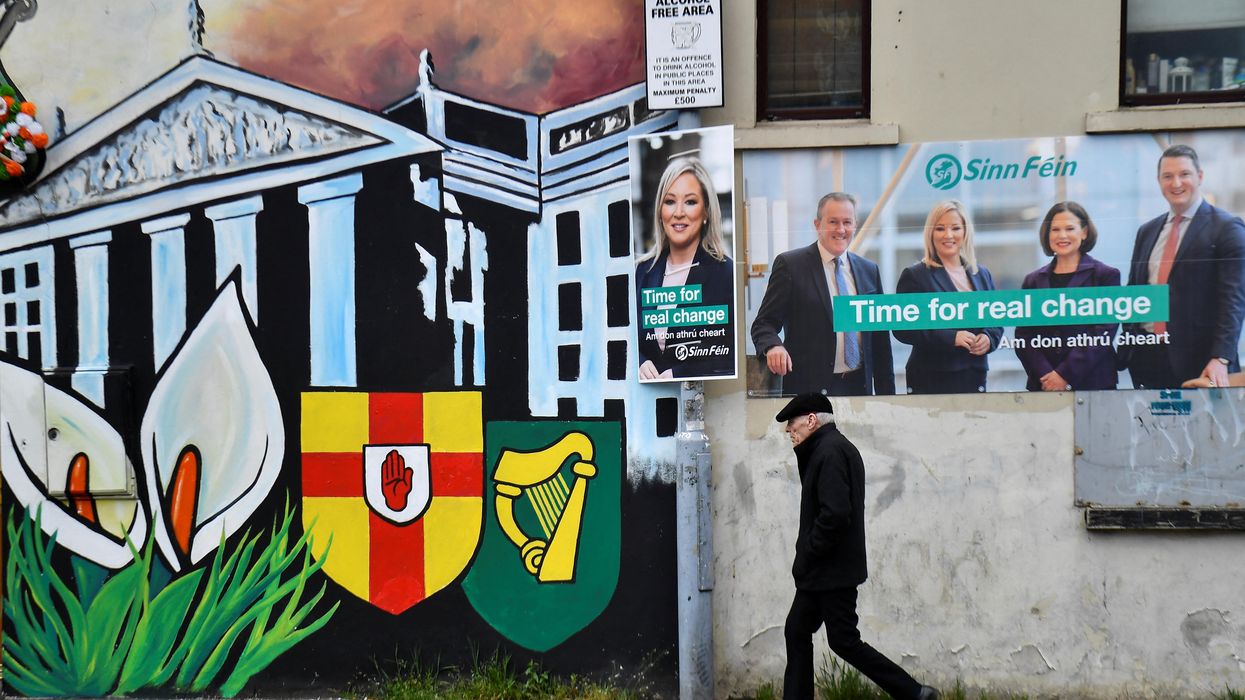What We're Watching
Northern Ireland names first Sinn Fein leader
After two long years, Northern Ireland once again has a functioning government – and in a historic move, it has named Michelle O’Neill as the first-ever First Minister from Sinn Fein.
Feb 05, 2024
